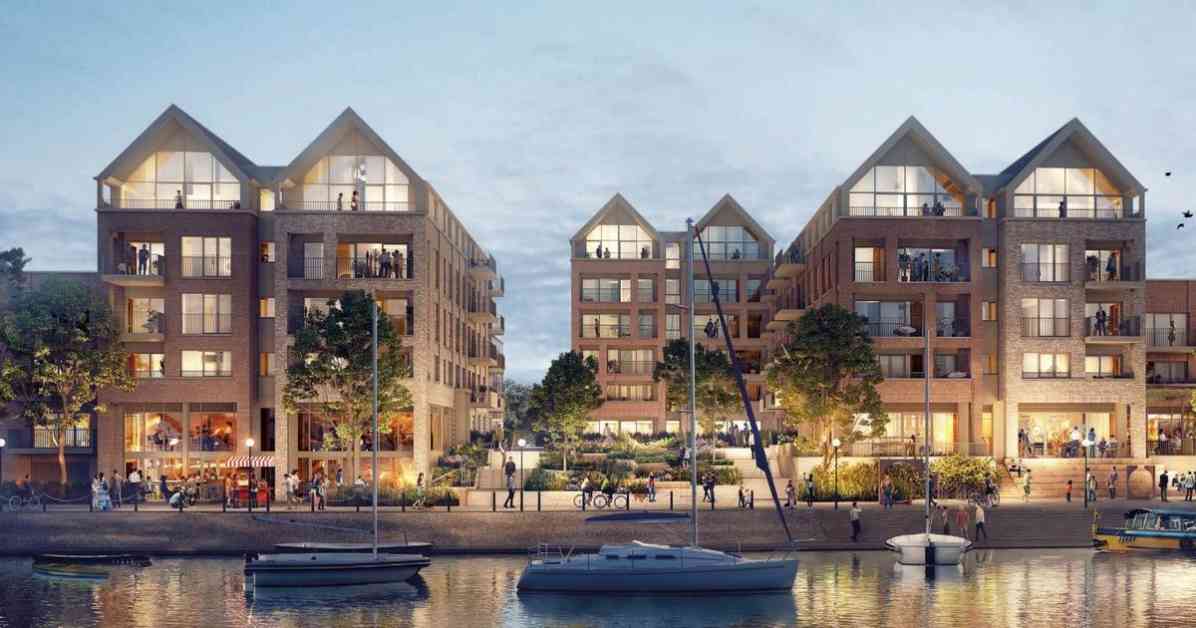Labour councillors in Bristol recently attempted to reverse a decision made by the council to abandon two major housing projects. The projects, located at Baltic Wharf on the Harbourside and part of the Hengrove Park neighborhood in South Bristol, were originally planned to be developed by the council’s housing company Goram Homes. However, due to financial constraints related to repairing existing council homes, the council decided to hand over the projects to a housing association instead.
The decision was called into question by eleven Labour councillors, who argued that the decision-making process was not in line with the council’s constitution. They contended that the decision was made without consulting the housing board, housing committee, or council tenants, and lacked transparency and proper scrutiny.
Despite their efforts, a cross-party panel voted 4-3 that the decision was made correctly, with Greens and Tories voting against further action. Labour and Lib Dems pushed for the decision to be debated and decided upon by the policy committee. The panel members defended the decision, stating that the powers delegated to officers allowed for such decisions to be made swiftly.
Labour councillors expressed their disappointment with the outcome, highlighting the significant impact of scrapping the two projects, which had a combined construction cost of £92 million and would have generated £34 million in rents over 30 years. They raised concerns about the lack of scrutiny and transparency in the decision-making process, emphasizing the need for proper oversight and accountability.
Council members defended their decision, citing the delegated authority given to officers by the previous administration and the legal advice supporting the decision. They emphasized the importance of moving forward with the projects to provide much-needed housing for Bristol residents.
In response to the outcome, Labour councillors called for a review of the decision-making process in the new committee system. They criticized the Greens and Tories for prioritizing backroom deals over transparency and openness, urging all parties to work together for the benefit of the community.
The debate highlights the challenges of balancing efficiency and transparency in decision-making processes within local government. As Bristol continues to address its housing needs, it is crucial for all parties to collaborate effectively and uphold the values of transparency and accountability to serve the best interests of the residents.

